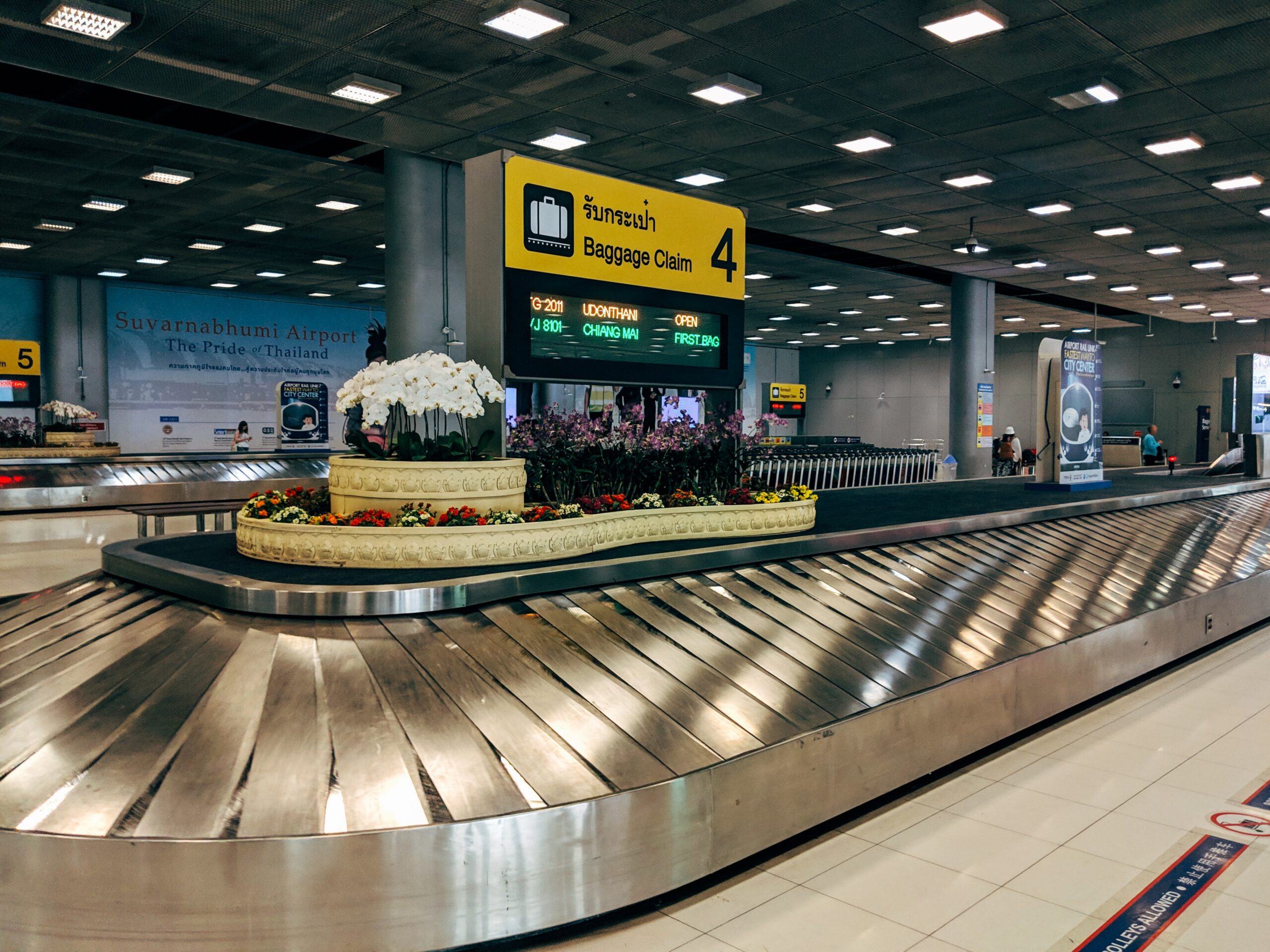Essential Tips for International Students Traveling by Air

Traveling as an international student can be an exciting and transformative experience. Whether you’re embarking on a new educational journey or visiting home during breaks, being prepared and informed about the boarding, flight, and landing process is essential. In this article, we will explore the key considerations to keep in mind to ensure a smooth and enjoyable travel experience.
Pre-Boarding Considerations
Before you begin your journey, it’s crucial to ensure you have all the necessary travel documents in order. First and foremost, check the validity of your passport and ensure it will not expire during your travel period. Additionally, familiarize yourself with the visa requirements of your destination country and make sure you have the appropriate visa in your possession. As an international student, you should also carry your student identification card and any supporting documents required by your educational institution.
Understanding baggage allowances and restrictions is another vital aspect of pre-boarding preparation. Different airlines have specific weight and size limits for checked and carry-on baggage. Familiarize yourself with these limits to avoid any surprises or additional fees at the airport. It’s also important to be aware of prohibited items and security regulations to ensure a hassle-free screening process.
Researching airline policies and services can greatly enhance your travel experience. Many airlines offer special services for students, such as discounted fares or additional baggage allowances. Take the time to explore these options and see if they align with your needs. Additionally, consider seat selection and upgrade possibilities to make your journey more comfortable.
Airport Arrival and Check-In
Arriving at the airport well in advance is essential to avoid unnecessary stress and potential delays. Give yourself ample time to navigate through security and immigration procedures. Being early allows for unexpected delays, ensuring you won’t miss your flight due to unforeseen circumstances.
Once you’ve reached the check-in area, ensure you have all the necessary documents readily available. Some airlines offer online check-in options, allowing you to print your boarding pass or save it on your mobile device. Double-check that you have all the required documents, such as your passport, visa, and student identification, before proceeding to the security checks.
Boarding the Flight

Finding the correct gate and boarding time is crucial to ensure a smooth boarding process. Pay attention to boarding announcements and follow directions and signs to reach your designated gate. Once at the gate, organize your belongings and have your travel documents readily available for verification.
Boarding etiquette and procedures are important to observe, especially when traveling internationally. Respect the boarding groups and adhere to the assigned seat numbers to prevent any delays or confusion. By following these procedures, you contribute to a smoother and more efficient boarding process for everyone.
During the Flight
Comfort and entertainment play a significant role in making your flight enjoyable. Take advantage of adjustable headrests and seat recline options to find the most comfortable position for your journey. Utilize the in-flight entertainment system, if available, to make the time pass more quickly.

Staying hydrated and maintaining good health during the flight is essential. Drink water regularly to prevent dehydration, as the cabin’s air can be dry. Avoid excessive consumption of alcohol and caffeine, as they can further dehydrate your body and disrupt your sleep patterns.
Managing jet lag and sleep is crucial, especially on long-haul flights. Adjusting to different time zones can be challenging, but there are strategies to help minimize the impact of jet lag. Try to align your sleep patterns with your destination’s time zone and consider using eye masks, earplugs, or even noise-canceling headphones to create a more conducive environment for rest.
Arrival and Immigration
Upon arrival, you’ll need to complete arrival forms and declarations. Pay attention to customs and immigration procedures, and accurately fill out any required documents. Be prepared to answer questions about the purpose of your visit and the duration of your stay.
Once you’ve cleared immigration, proceed to the baggage claim area to retrieve your checked-in luggage. Familiarize yourself with the layout of the airport to locate the correct baggage claim carousel. Take a moment to inspect your bags for any damage or signs of tampering before leaving the area.
Final Considerations

After you’ve cleared customs and immigration, consider your ground transportation options. If you have pre-arranged airport transfers, ensure you have the necessary details and follow the instructions provided. Alternatively, explore public transportation or ride-sharing services available at your destination.
Currency exchange and obtaining a local SIM card are two additional considerations to keep in mind. Find reliable currency exchange services to obtain the local currency you’ll need during your stay. If you require mobile communication, consider purchasing a local SIM card to avoid excessive roaming charges.
Conclusion
Traveling as an international student provides valuable opportunities for personal growth and learning. By considering the various aspects of boarding, flight, and landing, you can ensure a smooth and enjoyable travel experience. From pre-boarding preparations to in-flight comfort and post-arrival procedures, being informed and prepared will help you navigate the journey with ease. Remember to check your travel documents, understand baggage allowances, and research airline policies. Arrive early at the airport, complete check-in procedures, and follow boarding etiquette.
During the flight, prioritize your comfort, stay hydrated, and manage jet lag. Upon arrival, go through immigration procedures and retrieve your baggage. Finally, consider ground transportation options, currency exchange, and obtaining a local SIM card. By considering these factors, you can make the most of your international student travel experience.

